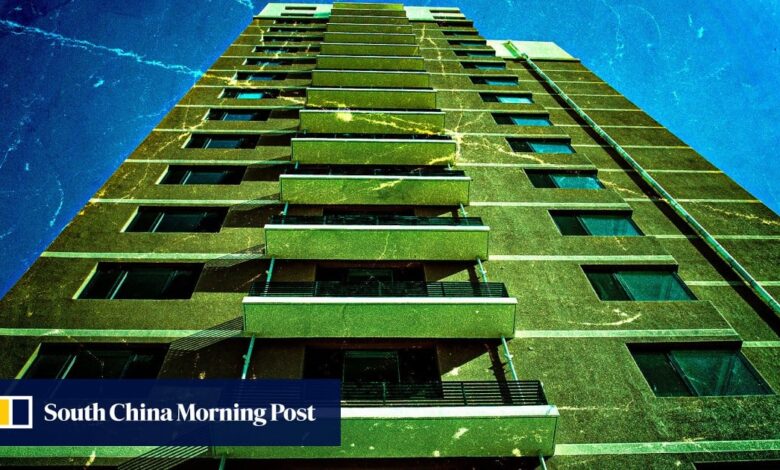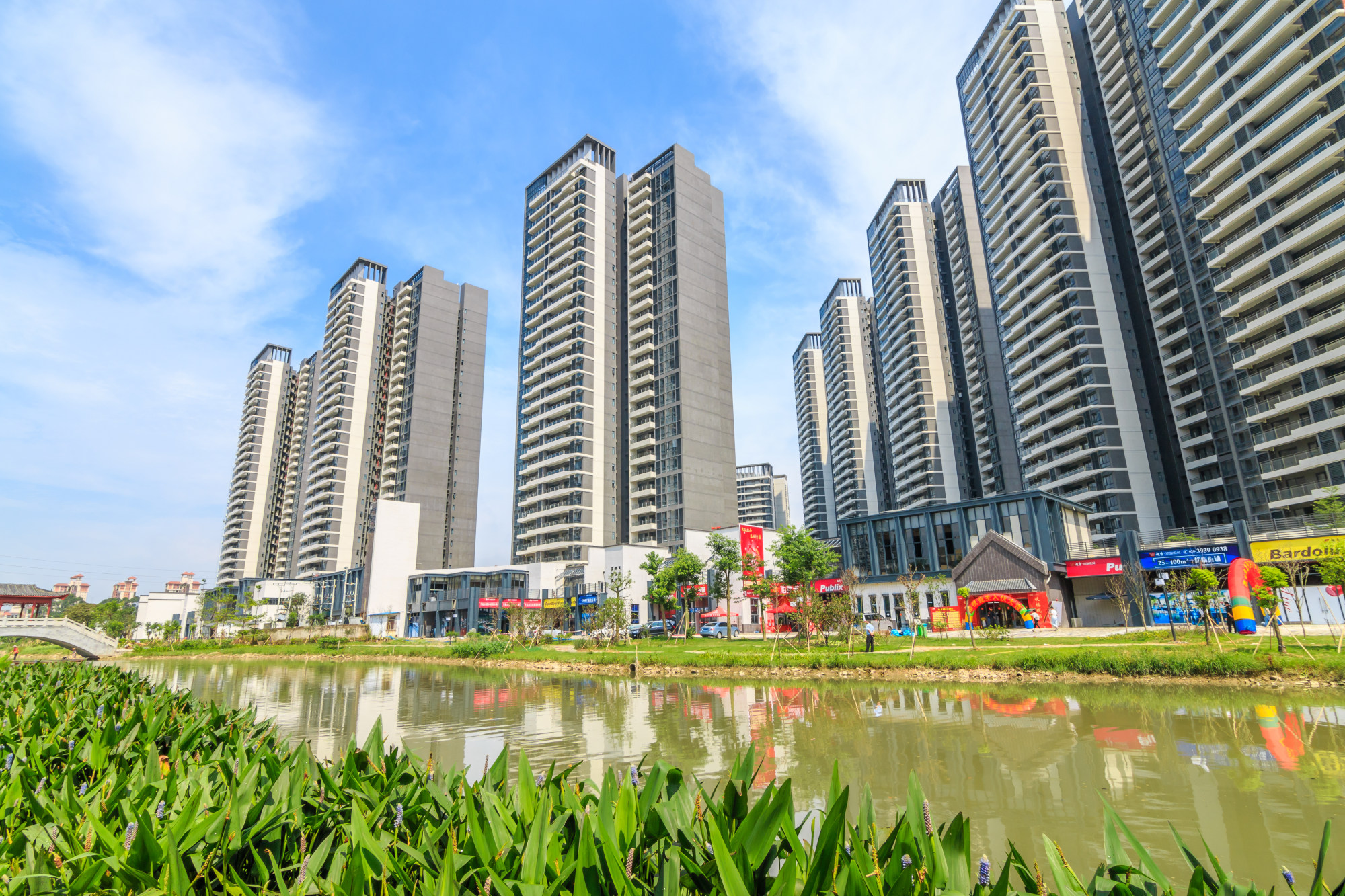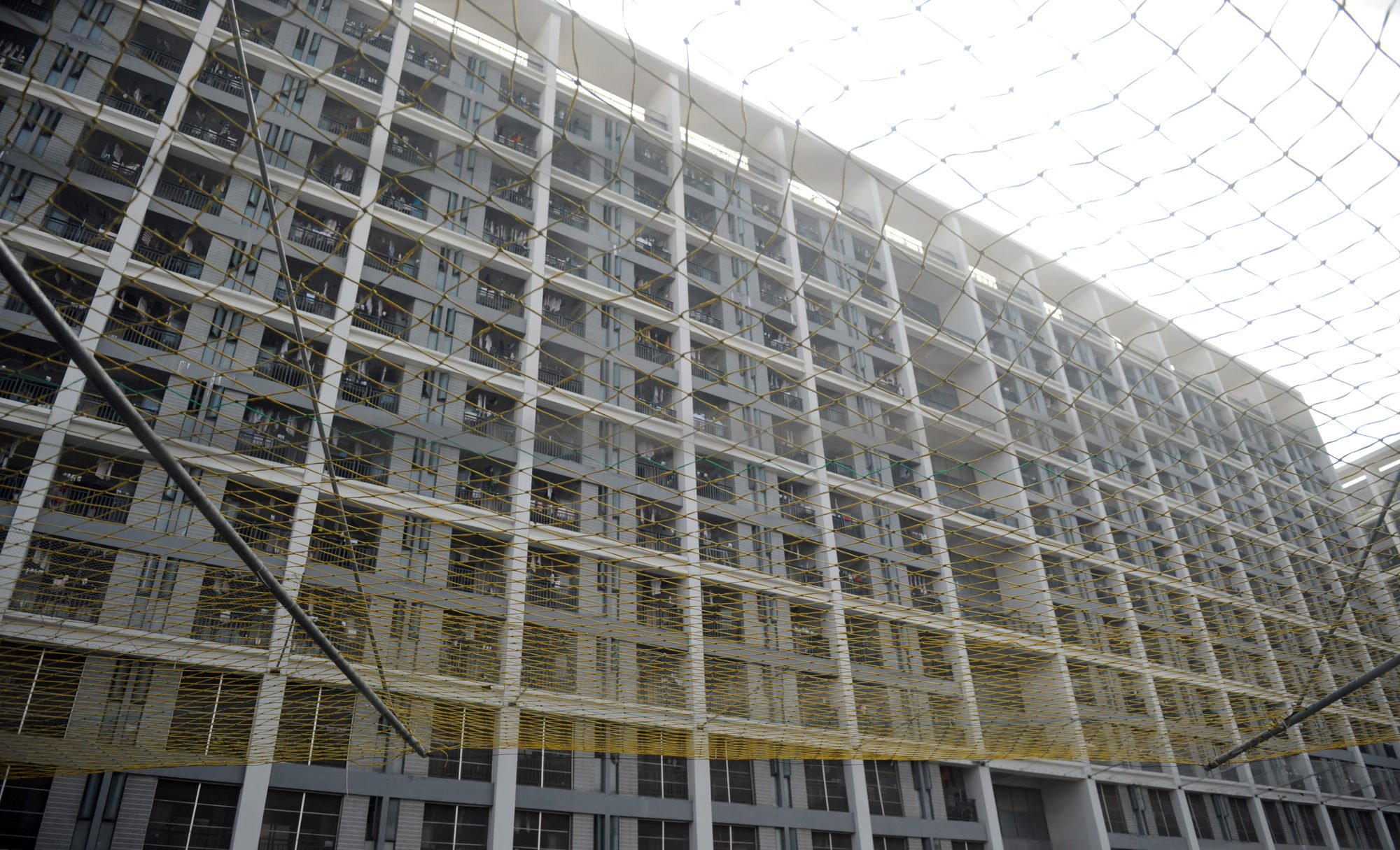China landlord’s US$110,000 demand denied as court dismisses claim that suicide of tenant’s mother decreased property value

[ad_1]
A story about a landlord in Shanghai who had demanded 800,000 yuan (US$110,000) in compensation long after his former tenant’s mother committed suicide by jumping from the flat’s balcony has been trending on Chinese social media.
In September, a court rejected the demand, which was based on the argument that the flat had lost substantial value as it had been deemed a “ghost house”, according to a report on Daxiang Video.
The case dates back to 2016, when a woman, surnamed Lin, began renting the flat. In March 2019, her mother, who had a mental illness, moved in with her. A month later, the mother plunged to her death. Later that month, the daughter gave up the lease.
Two years later, the landlord, surnamed Zhang, sold the flat to a man, surnamed Li, for 9 million yuan (US$1.25 million).
But a month after the deal, the new owner realised he had purchased a “ghost house”, a term used in China to refer to residences in which deaths like murder or suicide have occurred.

After Li accused Zhang of concealing the information from him, the two men agreed that the house price would be reduced by 800,000 yuan.
Zhang, who claimed he had not been aware of the death of his former tenant’s mother, then sued Lin for 800,000 yuan.
His suit claimed that Lin did not inform him that her mentally ill mother would live with her and that she did not fulfil her obligation to take care of her. Zhang also claimed that Lin did not notify him of her mother’s death.
But Lin insisted that she had informed Zhang of her mother’s death in a timely manner. Because she had terminated the lease prematurely, she said she had forfeited the rental deposit and paid Zhang an additional 3,100 yuan in compensation.

The court agreed with Lin, adding that Zhang’s unsubstantiated claim that he had not been aware of the suicide two years after it happened was unreasonable. As a result, the court rejected Zhang’s request for compensation.
As an act of good faith, Lin said she had paid Zhang an additional 100,000 yuan (US$14,000).
China’s Civil Law stipulates that property buyers can cancel a purchase agreement if they discover the owners of a residence intentionally concealed the fact that it was a “ghost house”.
Homes with such designations usually sell at prices far lower than market value.
After the case made headlines, Chinese social media observers have been chiming in.
“Is it still the Qing Dynasty (1644-1912) now? Why is this superstitious thought still widely accepted?” asked one person on Weibo.
Another person had a more thoughtful observation: “It is a common phenomenon. Last year, a woman fell to her death from the 15th floor of a building next to my home. She landed on the balcony of a second-floor flat. The family living there moved into a hotel before deciding to move out completely, and immediately put the flat up for sale.”
[ad_2]
Source link





